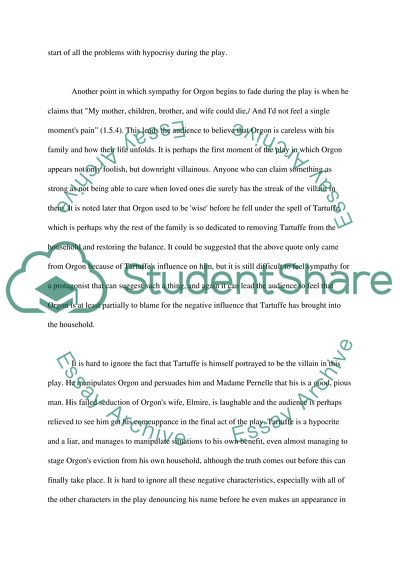Cite this document
(“Moliere's Tartuffe Essay Example | Topics and Well Written Essays - 750 words”, n.d.)
Retrieved from https://studentshare.org/literature/1434193-moliere-s-tartuffe
Retrieved from https://studentshare.org/literature/1434193-moliere-s-tartuffe
(Moliere'S Tartuffe Essay Example | Topics and Well Written Essays - 750 Words)
https://studentshare.org/literature/1434193-moliere-s-tartuffe.
https://studentshare.org/literature/1434193-moliere-s-tartuffe.
“Moliere'S Tartuffe Essay Example | Topics and Well Written Essays - 750 Words”, n.d. https://studentshare.org/literature/1434193-moliere-s-tartuffe.


